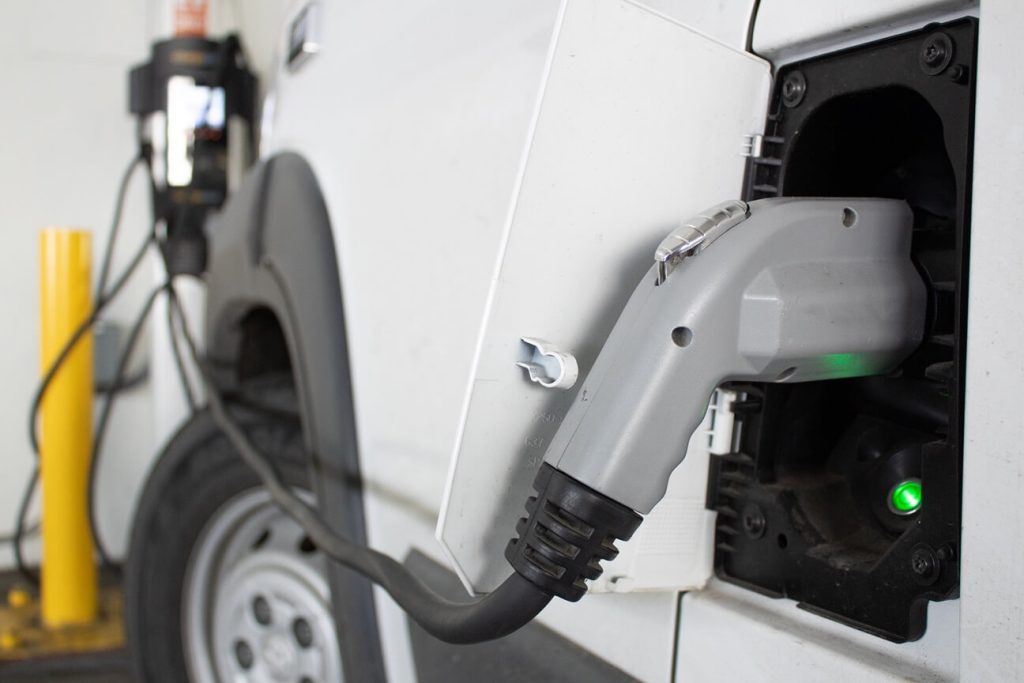
The trucking industry in New Jersey is sounding the alarm over impending electric vehicle regulations set to take effect in 2025. Industry organizations are urging legislative leaders to hold hearings and address the potential impact of these regulations on the state’s trucking sector and the wider economy.
At the heart of the issue lies the Advanced Clean Truck (ACT) rule, which mandates zero-emission truck sales starting in 2025. While aimed at reducing greenhouse gas emissions, industry leaders argue that the regulation’s rapid implementation and the high cost of electric trucks could cripple the trucking industry and drive up consumer prices.
Cost and Infrastructure Concerns
Electric Class 8 trucks, the backbone of long-haul trucking, currently cost about three times more than their diesel counterparts. This significant price difference, coupled with concerns about payload capacity and the lack of charging infrastructure, has sparked fears that the regulation could force smaller trucking companies out of business.
The industry also highlights the challenge of establishing a robust charging network for heavy-duty vehicles. The cost of building such infrastructure is substantial, and the state’s power grid may not be equipped to handle the increased demand.
This creates a Catch-22 situation, where the lack of charging stations discourages the adoption of electric trucks, while the low adoption rate hinders investment in charging infrastructure.
Impact on Dealerships and Consumers
The ACT rule could also have a ripple effect on the wider trucking industry, including truck dealerships. If customers are reluctant to purchase the more expensive electric trucks, the move could potentially push them out of business. The ripple effect extends further, impacting municipalities, counties, and ultimately taxpayers, as the regulation covers all vehicles over 8,500 pounds, including work trucks and vans.
A Call for Legislative Action
Industry groups are calling for legislative hearings to examine the potential consequences of the ACT rule and ensure that the transition to electric trucks is feasible and sustainable for the New Jersey trucking industry. They argue that the current regulations were implemented without proper legislative approval and could have a devastating impact on the state’s economy.
As the debate over the ACT rule heats up, one thing remains clear: the transition to electric vehicles will be a complex and challenging process for the trucking industry. While the long-term benefits for the environment are undeniable, the immediate economic and logistical hurdles cannot be ignored.
Navigating Change with Truck Parking Club
As the trucking industry juggles the various complexities of regulatory changes and technological advancements, Truck Parking Club remains a solid, reliable partner for truckers and property owners. By providing a platform to connect drivers with secure and accessible parking options, Truck Parking Club helps alleviate one of the industry’s most persistent challenges.
Whether you’re a trucker seeking peace of mind on the road or a property owner looking to generate income from unused space, Truck Parking Club offers solutions that benefit everyone.
Join the Truck Parking Revolution
Don’t let the challenges of the trucking industry hold you back. Sign up for Truck Parking Club today for convenient, affordable truck parking.
Alternatively, if you are a property owner, you can list your space and become part of the solution to the truck parking crisis while creating a healthy additional revenue stream in the process.
The information published herein is for general informational purposes only. Truck Parking Club does not make any representations or warranties about the completeness, reliability, legality, and accuracy of this information. Any reliance placed on such material is strictly at the user’s own risk. Truck Parking Club shall not be responsible for any losses or damages incurred in connection with the information published herein.





